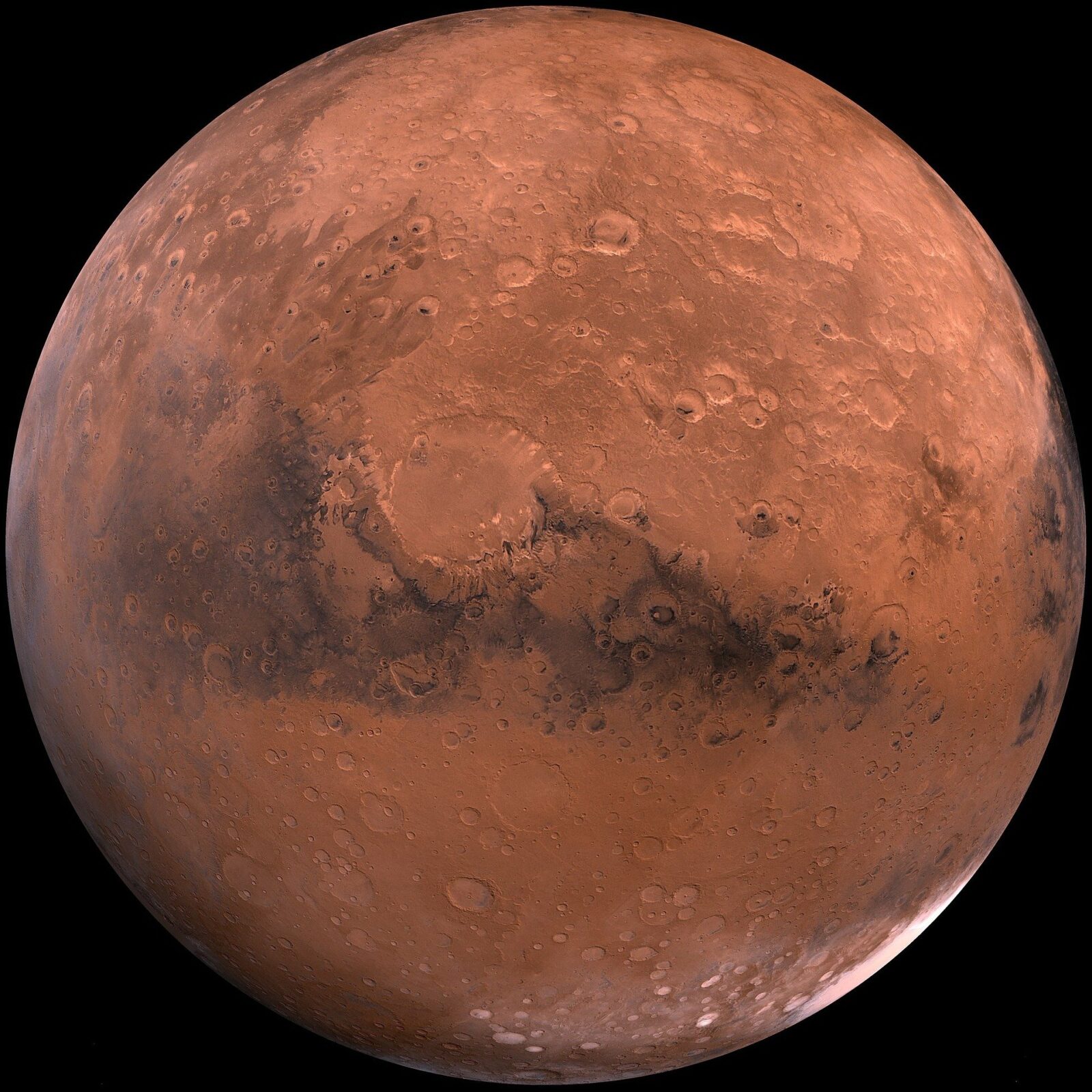Exploring space is a huge challenge for humanity. NASA plans to send new astronomers to Moon by 2004. But, the broader plan is to set foot on Mars. However, scientists have a long way to understand how space affects our bodies. Is exploring deep space an impediment to human health?
The truth is, no one knows how a long period of time in space will affect the human body. Missions to Moon usually last for a couple of days, meaning scientists don’t have enough data to come to a safe conclusion. The missions on the International Space Station (ISS) don’t provide the most accurate data. The ISS is within our planet’s magnetosphere, meaning the exposure to deep-space radiation is relatively less harsh than deep space.
Nevertheless, NASA is keeping track of how the human body adapts to space on the ISS. Researchers use analogs and simulators here on Earth to understand the effects of space better. As part of the Human Research Program, the team is preparing to send people to Mars. However, it isn’t easy to understand how a few months in space will take a toll on the human body, especially the mind.
Even though the ISS is located in the low orbit of our planet, the data still shows significant changes in human biological systems. The Twin study shows that some biological changes turn back to normal after landing back on Earth. However, the DNA is facing severe changes due to chromosomal inversions. Shortened telomeres and the cognitive function issues lasted for more than six months.
Stem cell research
The Integrated Space Stem Cell Orbital Research (ISSCOR) Laboratory brings more hope. The study can provide more data on how the human could survive in deep space.
“We’ve been talking about exploring Mars, but we don’t really understand … how human tissues or human cells will behave in this kind of environment,” said Alysson Muotri of UCSD’s School of Medicine.
This project allows researchers to observe the development of stem cells without having to wait for years. Due to the space environment, these cells develop at a faster rate. So far, scientists have studied blood, brain, and liver stem cells in the ISSCOR laboratory. Therefore, this project aims to understand what effect deep space will have on the brain of astronauts by calculating and measuring how microgravity speeds up maturation.























Leave a Reply